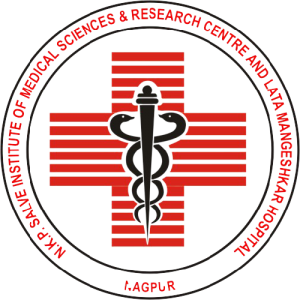Ahead of Print
Advancing Cancer Diagnosis and Treatment in India: Utilizing Urine-based Liquid Biopsy and Transrenal Cell-Free DNA
Authors: Anmol Mahani, Vipul Nautiyal, Viney Kumar, Mansi Barthwal
DOI: 10.18231/j.pjms.6765.1761296330
Keywords: Liquid biopst ,Trans renal cell free DNA ,Indian context,cancer
Abstract: Advancements in cancer therapy have greatly increased treatment options for both early and advanced cancers, highlighting the importance of molecular profiling for personalized medicine. Liquid biopsies, which analyze biomarkers in bodily fluids, provide a less invasive option compared to traditional needle biopsies, especially beneficial for detecting tumours in difficult-to-access areas and addressing sample representativeness concerns. While most studies have focused on blood-based biomarkers, recent research has found cancer indicators in other fluids such as cerebrospinal fluid, urine, pleural fluid, and peritoneal fluid. This review examines the potential of urine as a source of circulating tumor DNA (circulating tumor DNA), known as trans-renal circulating tumor DNA (TR-circulating tumor DNA), and its unique role in oncology, as well as the challenges involved in translating these assays from the laboratory to clinical practice. Urinary circulating tumor DNA usage appears to be promising as a non-invasive approach, especially in India, for identifying circulating tumor DNA from various cancer sites beyond the urinary bladder. The DNA fragments move from blood to urine through the trans renal pathway. Despite benefits like easy sampling & potential home collection of the urine samples, challenges do exist. These include the need for standardized protocols, optimized tests & validation of biomarkers for different prevalent cancer types in India. Moreover, concerns about infrastructure, affordability and awareness in healthcare providers and the public must be tackled to smoothly integrate urine-based liquid biopsies into regular clinical practice. The review delves into a thorough analysis of trans-renal DNA, discusses the prior published studies on TR-circulating tumor DNA, emphasizes on its potential prospects in clinical settings and the current gaps in knowledge. It stresses the benefits and limitations of liquid biopsy within the healthcare landscape in India, underscoring the need for targeted funding, policy support and collaborative efforts to establish liquid biopsy as an integral component of personalized oncology in India.
